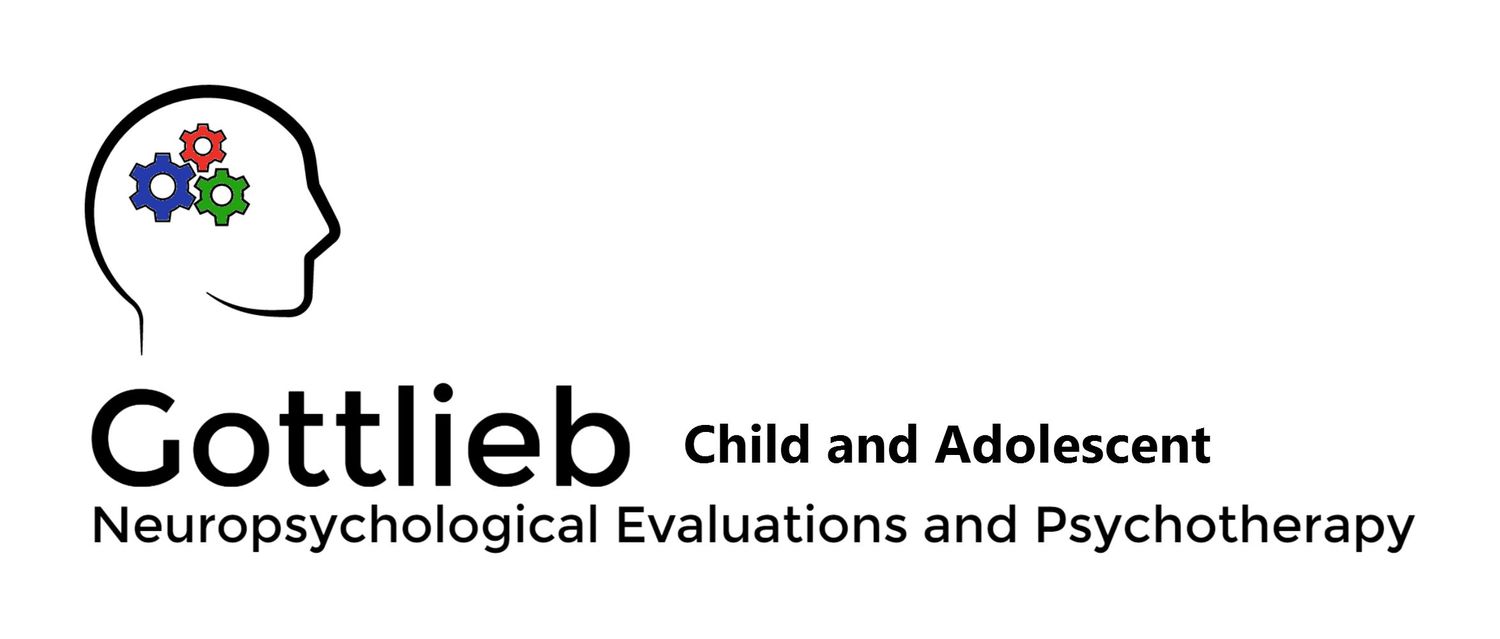What to Expect at Your First Individual Education Program or 504 Plan Meeting
/Last month, we looked at what it means when your child’s testing results indicate that he or she would likely benefit from an Individual Education Program (IEP) or 504 Plan. While eligibility is a team decision made during a meeting with school staff, I am committed to helping families navigate this process to get the best support for their child or adolescent. Therefore, my neuropsychological and psychoeducational testing services do not end with the feedback meeting. Rather, I consult throughout the IEP/504 Plan process, including attending meeting(s) at your child’s school. To that end, let’s consider what to expect at the first IEP meeting with your child’s team.
The process begins with an eligibility meeting during which your child’s educational team (including you) will review the IEP eligibility criteria. This includes selecting a code, or the category that best describes your child’s challenges. These terms can be confusing as there is educational and bureaucratic jargon involved. For example, your child may have diagnoses of both ADHD (which falls under the code “Other Health Impairment”) and Dyslexia (which is included under the code “Learning Disability”). I meet with parents in advance to discuss which label best fits their child and how it may affect services and priorities. It is important to gather information and ask questions at the eligibility meeting, and I am available to help parents navigate this process.
Next, if your child is determined eligible for an IEP, the special education lead (or another designated member of the school support team) will prepare a rough draft of your child’s first IEP for you to review in advance of the second meeting. We can discuss this via phone, and I do my best to clarify and explain what the document means for your child.
A team is necessary to put the IEP in place, and the school is required to have certain people participate. The team may include: a special education teacher; a general education teacher (most likely your child’s current teacher); the principal or vice principal (or a district administrator like the special education department chair); a school psychologist; and you, the parent(s). Additionally, the meeting may include an occupational therapist, school counselor, and other support staff. Adolescents, typically beginning in high school, may be invited to attend a portion of these meetings. You are also permitted to invite an advocate, such as myself or an educational consultant, to provide support and guidance during these meetings. You will be asked to sign multiple agreements throughout this process, and the school is required to provide you with your child’s rights and safeguards in relation to special education. If you are looking at a 504 Plan for your child, the meeting will likely be smaller and less formal; however, there will still be multiple contributors involved.
During the second meeting, you will learn more about the school’s plan to help your child access the curriculum. It is important to take your time and ask questions at this meeting as decisions will be made about the amount of support (i.e., the number of hours per week) and types of assistance (e.g., “pull out” or push in” special education) your child will receive. The IEP document will discuss your child’s present levels of performance (commonly referred to as “PLOP”), areas of need, specific goals, proposed number of support hours, and types of accommodations.
While the process can sometimes be frustrating, it is designed to protect the needs of children with a disability or condition that prevents them from accessing the curriculum and succeeding at school. My attendance at these meetings can be extremely beneficial for families as I am able to explain the testing results to the team in-person, provide support and guidance to parents, and work alongside the school to develop the best IEP or 504 Plan for your child. I look forward to helping you navigate this system through providing advocacy, support, and guidance in order to get your child the services he or she needs to succeed.
Shira Gottlieb, Psy.D., Licensed Clinical Psychologist
Dr. Gottlieb is a licensed clinical psychologist. She received her B.A. in psychology, with a minor in neurobiology, from Harvard University, and her Psy.D. from the George Washington University. Dr. Gottlieb works with children and adolescents, and their families, to provide comprehensive neuropsychological and psychoeducational assessments to better understand the individual child or adolescent’s attention capacities, learning profile, emotional functioning, and behavioral presentation. For more information on Dr. Gottlieb, please visit her website at http://www.gottliebchildpsych.com/


